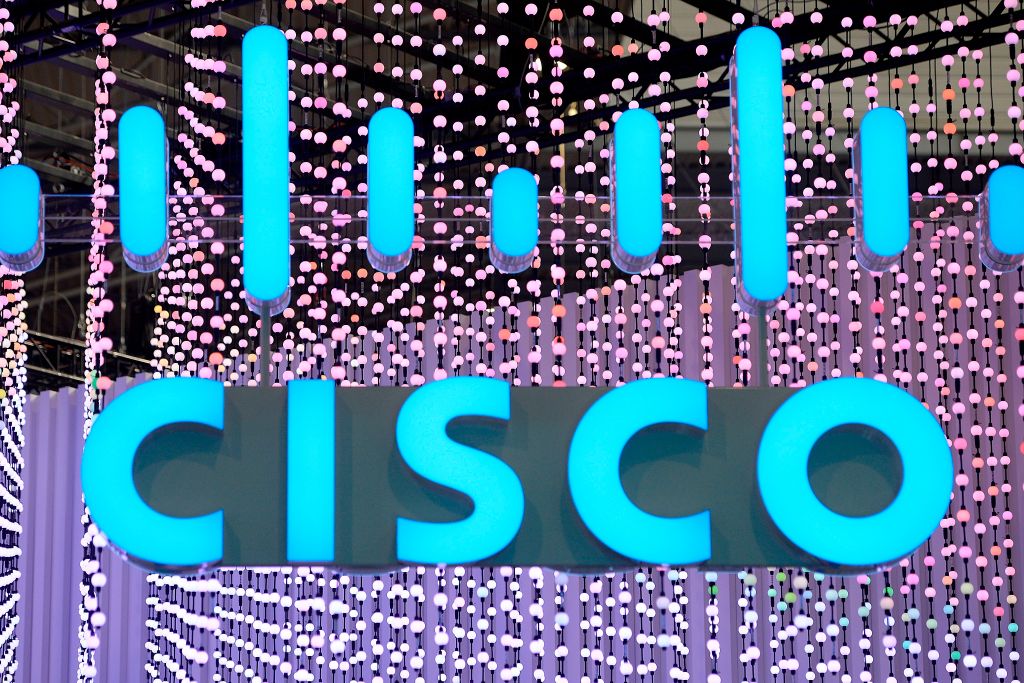News: BreachQuest emerges from stealth with $4.4M to modernize incident response
BreachQuest, an early-stage startup with a founding team of cybersecurity experts building a modern incident response platform, has emerged from stealth with $4.4 million in seed funding. The investment was raised from Slow Ventures, Lookout founder Kevin Mahaffey, and Tinder co-founders Sean Rad and Justin Mateen, who described BreachQuest as having a “disruptive vision and
BreachQuest, an early-stage startup with a founding team of cybersecurity experts building a modern incident response platform, has emerged from stealth with $4.4 million in seed funding.
The investment was raised from Slow Ventures, Lookout founder Kevin Mahaffey, and Tinder co-founders Sean Rad and Justin Mateen, who described BreachQuest as having a “disruptive vision and a world-class team.”
The latter is certainly true. BreachQuest is made up of former U.S. Cyber Command, National Security Agency, and Department of Defense employees that it sees as its biggest competitive advantage. The second is its Priori platform, which the Texas-based company believes will re-engineer the incident response process and move incident preparedness into the future.
Currently, it takes most organizations thereabouts 280 days to detect a breach, the startup says, and the slow recovery process that typically follows means this largely manual process costs the average U.S. business just shy of $4 million. The startup’s Priori platform uses aims to improve on what the team sees as “unacceptable industry standards,” enabling organizations to detect intrusions and compromises far faster. That allows companies to near-instantly respond and contain the compromise, the startup says.
BreachQuest’s co-founder and CTO is Jake Williams, a former NSA hacker and founder of Rendition Infosec, an Augusta, Ga.-based cybersecurity company that was acquired by BreachQuest. Williams told TechCrunch that while most other incident response firms are focused on preventing incidents, BreachQuest is focusing on preparing for the inevitable.
“It’s a reality that determined adversaries will get into your network regardless of what tools you put in place to keep them out,” he says. “That’s not [fear, uncertainty and doubt], it’s just a reality that if you’re targeted you’re going to be compromised. That’s what our mission is all about: preparation to facilitate response.”
BreachQuest, which will also assess the cybersecurity risks posed to an organization by potential mergers and acquisitions, believes it has little competition in the market right now because incident preparation is a tough market.
“We continuously see statistics about how IT managers think their security controls will prevent them from being breached, so selling incident response preparation tools and services to those organizations is a hard sell,” Williams said. “But given the landscape of ransomware and other cybersecurity threats being regular front-page news, we think the market is ready.”
BreachQuest will use its $4.4 million seed investment to accelerate the rollout and development of its Priori platform, with future plans to speed up its forensic evidence collection processes and improve response coordination across its disparate team members.
“Incident response is chaotic and it’s hard for people who infrequently work in these situations to address all the issues identified throughout the investigation,” Williams said. “Fundamentally, the problem is a combination of the difficulties getting the right evidence in a timely manner and understanding the status of the response.”
Read more:
- Passwordstate customers complain of silence and secrecy after cyberattack
- FireEye to sell products unit to Symphony-led group for $1.2B
- Why incident response plans fail











